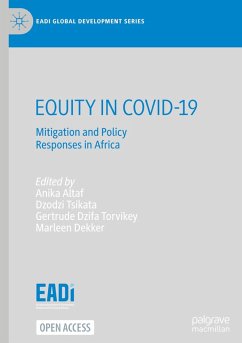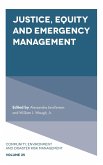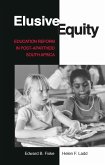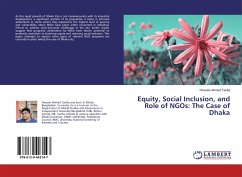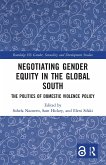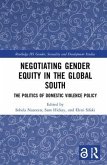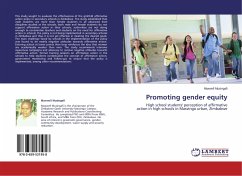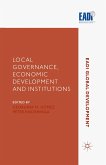This Open Access edited volume presents twelve African case studies that systematically reconstruct, document and analyse how national governments and other stakeholders took equity into account in their initial policy responses to the COVID-19 pandemic. At the onset of the pandemic, many African governments acted quickly to suppress the virus through various public health measures, including lockdowns, mobilizing healthcare resources and designing responses to support the economy and the population. There were, however, significant variations in the severity and type of measures taken, as well as their accessibility and impacts. Equity was not a given and, therefore, important questions have been raised about who benefitted and who were left unprotected from the interventions, particularly those designed to protect income and basic services? The book, based on a variety of empirical data and disciplinary perspectives of research teams from across the continent, examines theinclusivity of mitigation and policy responses. It situates these findings on short-term interventions and impact in debates about the longer-term implications of the COVID-19 pandemic on the development of the African continent and proposes new directions for policy, research and practice in responses and interventions during crises.
Bitte wählen Sie Ihr Anliegen aus.
Rechnungen
Retourenschein anfordern
Bestellstatus
Storno

